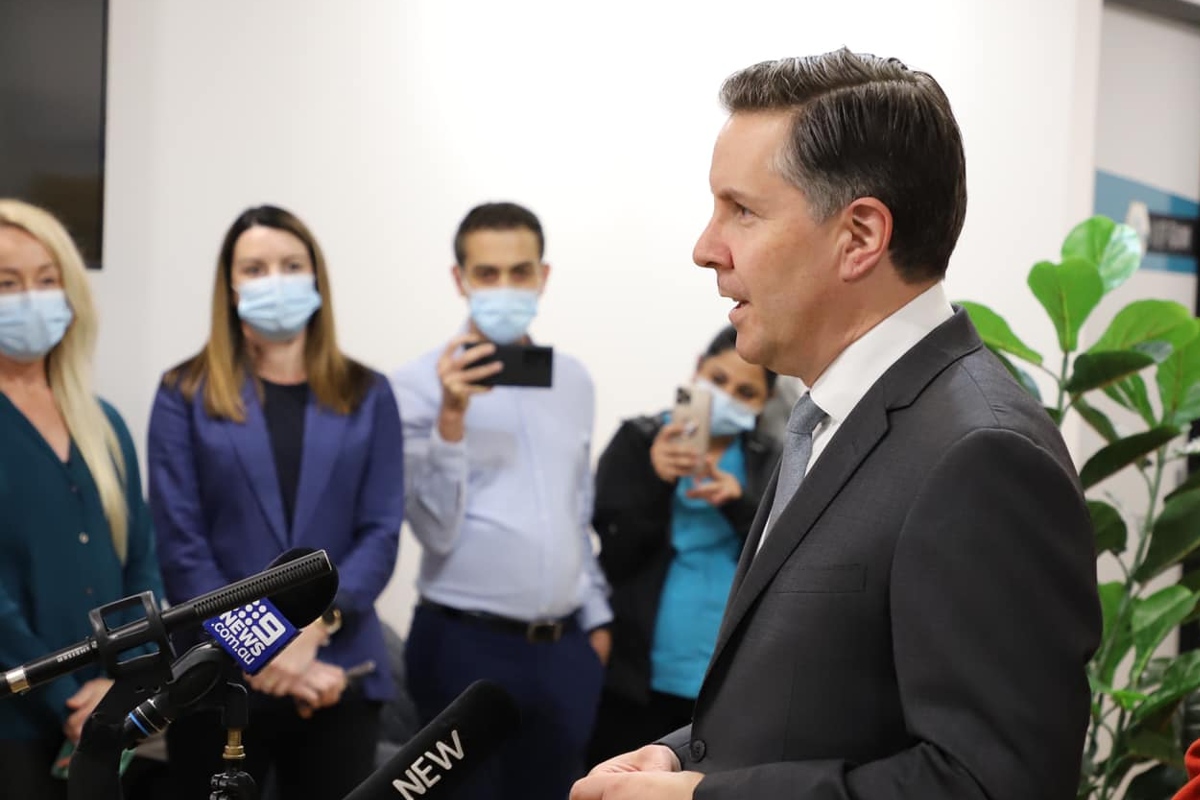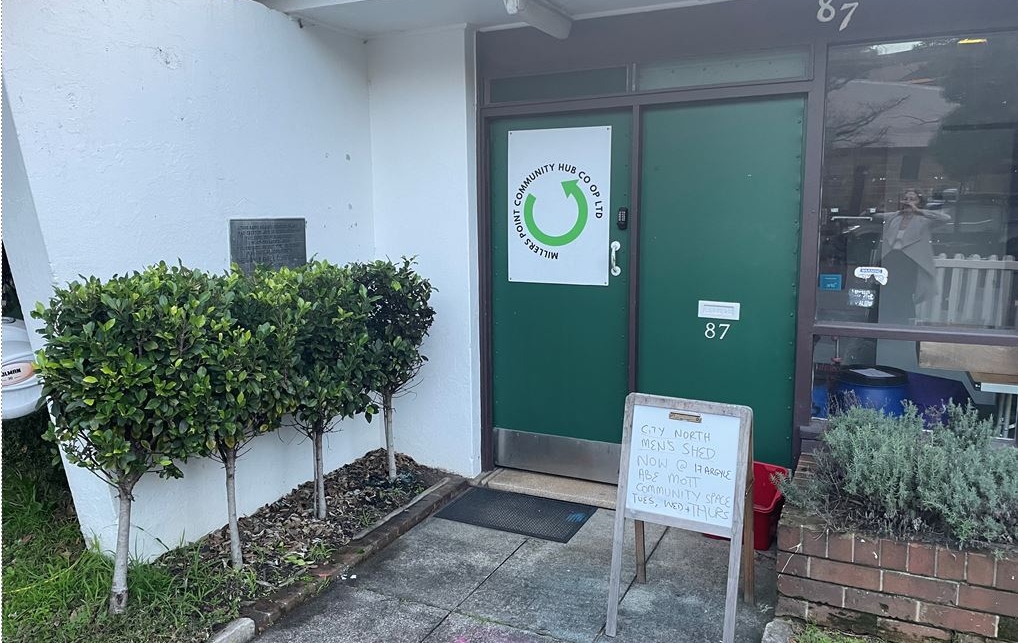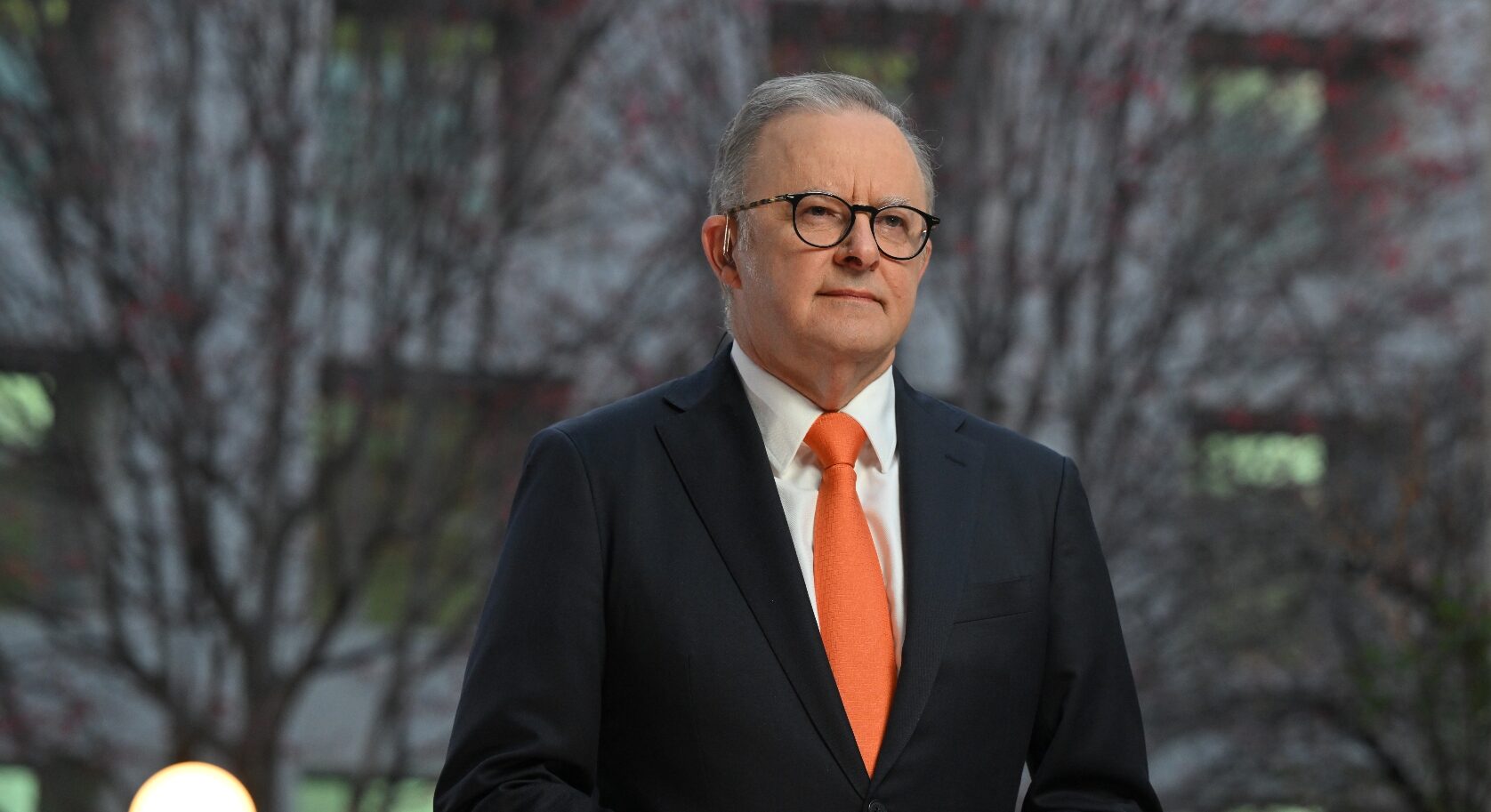
Reforms in medicine supply to shake-up pharmacies across Australia, concerns rise for shortages

Image: Minister for Health Mark Butler. Photo: Facebook/Mark Butler.
By JUSTIN COOPER
Plans to increase the limit of medication prescribed to patients from 30 days to 60 days worth of supply, has raised concerns for additional medicine shortages and pharmacy business across Australia.
On April 26, Health Minister Mark Butler introduced plans by the Labor Government to allow patients to be prescribed two months’ worth of medicine for the price of a single script.
Store manager and partner of Chemistworks Broadway, Claudia Sharkawy, explained how the reform will “change the structure of how pharmacy is in Australia.”
“It’s going to affect quality use of medicines, and uniform accessibility to medication across Australia – which is one of the pillars of national healthcare policy,” she said.
The impact of the 60-day dispensing will potentially “exacerbate” the current shortages which pharmacies have been facing since 2019, with Sharkawy noting that there has been no clarification if these will be short-term or long-term shortages.
The reduction in the number of scripts and fees received by pharmacies was another concern she shared, saying “Universally, they are taking that money out of pharmacies. Every pharmacy is going to be affected but not every pharmacy delivers these programs that they are going to reimburse. They’re (the government) not going to offset that loss.”
“It’s going to be the most vulnerable people that are going to be significantly affected; it will be Aboriginal Indigenous and Torres Strait Islander communities, it will be elderly, people in age care, people in rural communities. They are the ones going to suffer the most from these policy changes.”
Sharkawy is concerned for business operations, including the difficult decisions to come with the possibility of needing to reduce both her staff and services provided to patients when the reforms are implemented.
“Being able to open throughout the whole pandemic, staffing it, having our extended hours, being able to have delivery options to our patients… having vaccination services, being able to have the extra pharmacists on to provide those… all of that will be jeopardised,” she says.
“People need to speak to their MPs, their Labor MPs and let them know how this is going to affect their local pharmacy. How it’s going to affect them as a patient, and their services they utilise from their pharmacy that they are concerned about losing.”
Sharkawy is encouraging people to send emails, call local MPs, and to join the Essential Medication Shortages petition saying, “if we get 50,000 signatures, we can be heard.”
Labor Government to pursue reform










